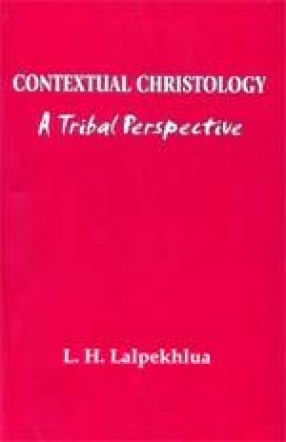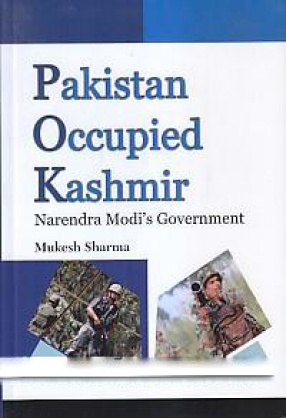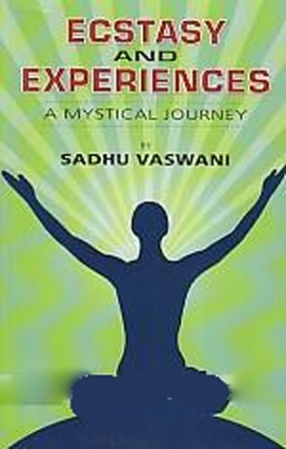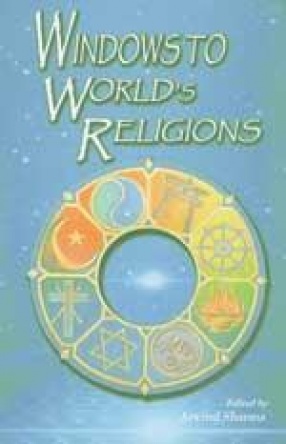The existing Christological tradition of tribal Christians in Northeast India is found to be largely inadequate to address the needs and aspiration of the people, because of its uncritical application of Western theology. Instead of taking the cultural traditions and experience of the people as sources for doing theology, the inherited Christology rather adopts an attitude of their condemnation and abolition. This attitude makes the Gospel of Christ alien to the local people and unable to take deep root in tribal society. Despite the Western overlay, the study has identified significant continuity and influence of traditional culture among tribal Christians of Northeast India. In this book, an attempt is made to recover some liberating tribal concepts and to reinterpret the significance of Jesus Christ, using a Mizo conceptual framework of pasaltha. The Author argues that Jesus’ life and ministry, His incarnation, His suffering and His death, can all be seen in Mizo context as manifesting the principle of tlawmngaihna, which is an essential characteristics of pasaltha. Jesus’ resurrection and exaltation can be seen as God’s response to Jesus’ person and work precisely as pasaltha-tlawmngai. Similarly the kingdom of God, which defined and summed up Jesus’ message and mission, can be perceived among tribal Christians as exhibiting the qualities of a communitarian society.
Contextual Christology: A Tribal Perspective
In stock
Free & Quick Delivery Worldwide
Bibliographic information
Title
Contextual Christology: A Tribal Perspective
Author
Edition
1st ed.
Publisher
ISBN
9788172149603
Length
xxvi+259p.,Bibliography; 23cm.
Subjects





There are no reviews yet.